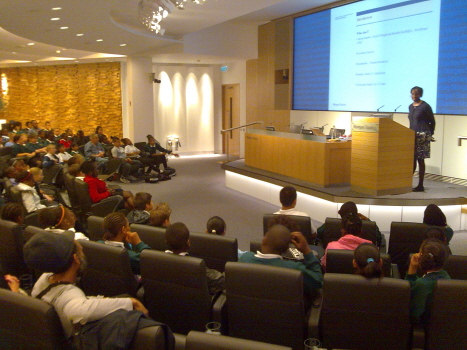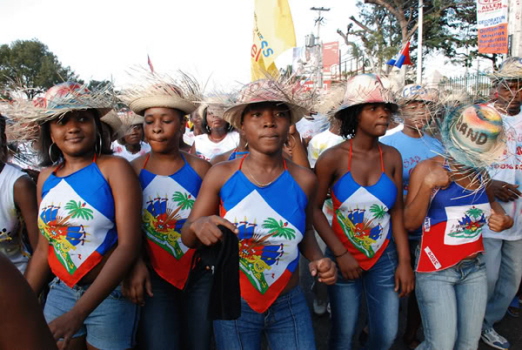Films

Saturday 7th August 11.00am-4.30pm
Bruce Grove Youth Centre
10 Bruce Grove Tottenham N17 6RA

Jamaica for Sale + Poto Mitan: Women, Pillars of Haiti + Mario Benjamin
Saturday 21 August 11amto 1pm and 2pm -5.00pm
BFI SouthBank
Belvedere Road SE1
Tube: Waterloo.
Tickets £5.00 0207 928 3232 www.bfi.org.uk
www.blackhistorywalks.co.uk
Jamaica for Sale
A documentary challenge to the dominant view that tourism is the saviour of the Jamaican people. Lively and hard-hitting, with powerful voices, arresting visuals and iconic music, Jamaica for Sale documents the environmental, economic, social and cultural impacts of unsustainable tourism development. As Jamaica is irreversibly transformed, Jamaica for Sale documents this metamorphosis and tries to turn the tide.
Poto Mitan
Everyone else has spoken for Haitian women, yet, we have a history of speaking for ourselves. I support Poto Mitan because it offers us a rare glimpse into how Haitian women in the struggle understand their complex conditions and what they are doing for themselves.”
-Gina Ulysse, Haitian-American scholar/activist/performer
Told through compelling lives of five courageous Haitian women workers, Poto Mitan gives the global economy a human face. Each woman’s personal story explains neoliberal globalization, how it is gendered, and how it impacts Haiti: inhumane working/living conditions, violence, poverty, lack of education, and poor health care. While Poto Mitan offers in-depth understanding of Haiti, its focus on women’s subjugation, worker exploitation, poverty, and resistance demonstrates these are global struggles. Finally, through their collective activism, these women demonstrate that despite monumental obstacles in a poor country like Haiti, collective action makes change possible.
Marie-Jeanne details dual struggles as a woman and worker: she toils under miserable conditions to give her children the education she was denied because of gender discrimination and the high cost of school. Living and braving death in Cité Soleil, Solange details how Haiti’s current violence stems from a long-brewing economic crisis and how the global apparel industry’s inherent instability affects Haiti. Frustrated with male-dominated unions, Frisline offers a gender and class analysis of Haiti’s contemporary situation, including Haiti’s 2008 food crisis. Working for thirty years, Thérèse brings wisdom, a historical perspective, and a comparative analysis. Pushed off her land by foreign agricultural policies, activist Hélène leads a new grassroots campaign against violence, encouraging women to defend themselves. These five brave women demonstrate that despite monumental obstacles in a poor country like Haiti, collective action makes change possible.
The women’s own astute analyses are supported by interviews with Haitian NGO activists, government ministers, and scholars providing global, economic, and political context. The women’s struggles to unionize and images of their deplorable working conditions (captured by spy cameras) are juxtaposed with contradictory interviews of factory owners. Ultimately, these resilient women’s hardships are offset with positive images of them organizing and uniting their communities.
Poto Mitan’s unique quality rests upon the women’s acute understanding of the power of film. Citing the Haitian proverb, “hearing and seeing are two different things”, the women implored Dr. Schuller to share their stories with people in the U.S., people who have the power to make change.
.
